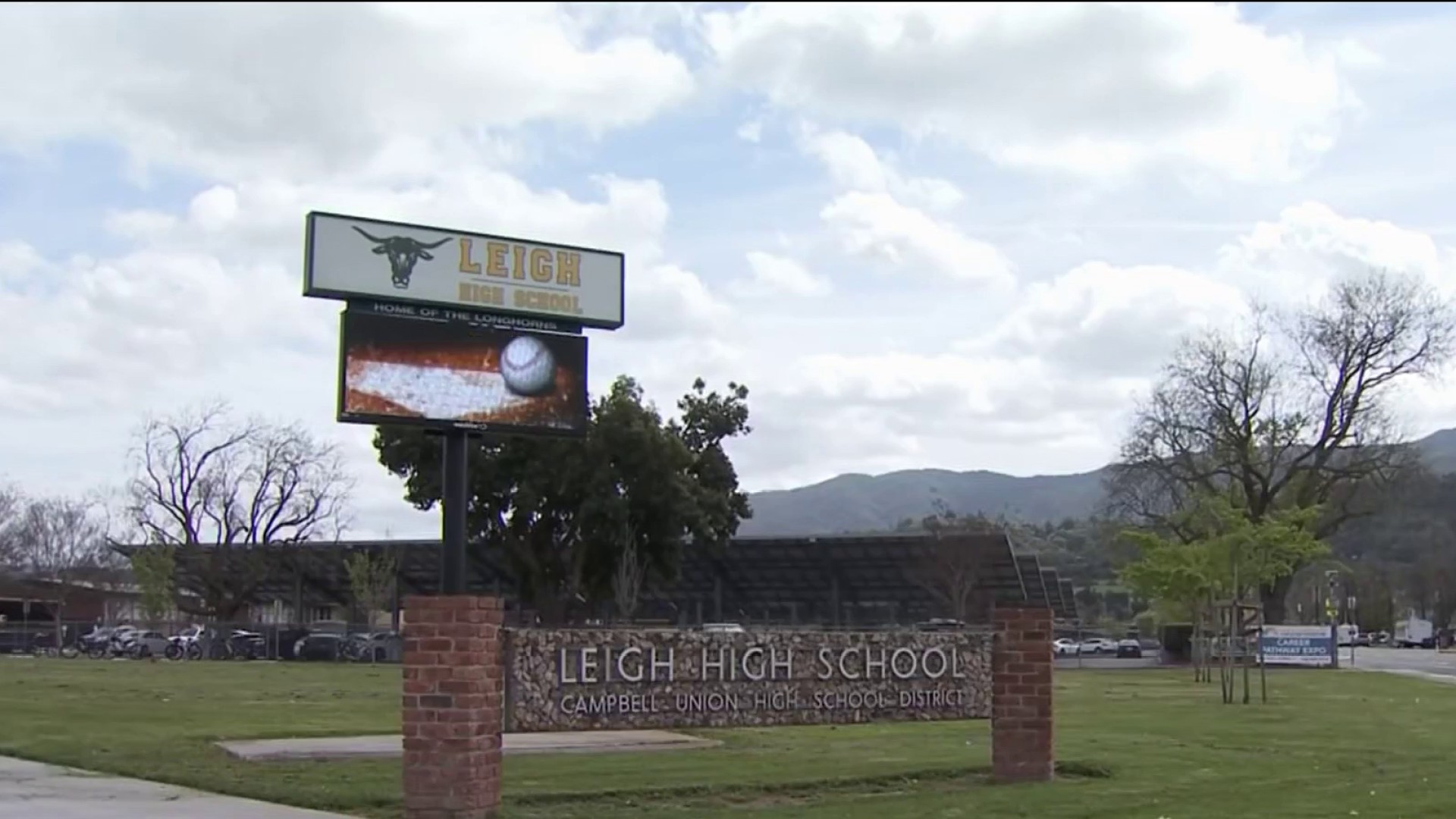California redevelopment funding may not be dead after all.
Four bills that would expand cities’ and counties’ ability to divert property taxes for local development projects have made it to the final sprint of the state legislative session, which ends Friday at midnight, and are now on the governor's desk.
In December, the Supreme Court upheld legislation that ended the 60-year-old redevelopment agency program intended to combat blight. At the time, Gov. Jerry Brown said the state could no longer afford to fund the agencies during the budget crisis and pushed to dismantle them to help boost the state general fund.
Since then, the Legislature has considered several proposals to mitigate the fallout as cities and counties struggle to wind down the agencies and fight to maintain control over tax dollars.
The four bills would revamp the funding mechanism that allows cities and counties to divert property tax revenues from local agencies if an area is designated for development. Unlike the redevelopment law, however, none of the property tax diversions could come from the taxes that fund schools, a crucial difference from how redevelopment agencies were financed.
Voters approved a proposition requiring minimum funding for education in 1988, which required the state to make up the difference for some of the money reallocated from schools to redevelopment agencies. That cut into the state general fund and was a major reason Brown and the Legislature pushed to end the program.
SB 1156, authored by Senate Pro Tem Darrel Steinberg, D-Sacramento, would create new entities called Sustainable Communities Investment Authorities. Although similar to redevelopment agencies, they would allow counties and other agencies to withhold their property tax contributions if they don't support the development project. The previous model of redevelopment often pitted cities and counties against each other because it allowed cities to capture counties’ tax money.
Local
"It's astounding to me that we have been so under the radar on 1156 because it's a huge thing for California. It's a complete revamp of redevelopment in a modern, progressive image and really focused on the creation of good jobs and affordable housing," said Madeline Janis, national policy director of Los Angeles Alliance for a New Economy and a former commissioner of the Los Angeles Community Redevelopment Agency. "Redevelopment can work if it's really targeted and really strategic. There were a lot of good things I saw in my 10 years at a redevelopment agency, and there were a lot of abuses."
The League of California Cities, however, has expressed concern over Steinberg's proposal.
"From an implementation standpoint, most of the amendments we offered on the bill were to try to clean it up from a practitioner's standpoint so that people would be able to use it," said Dan Carrigg, legislative director of the League of California Cities. "If they're going to have to spend a substantial portion of their available revenue on administrative reporting and other requirements rather than the investments then that will be a deterrent to use the tool."
The three other bills modify a little-used development tool known as infrastructure financing districts, which, like the former redevelopment agencies, use property tax revenue increases to fund projects. The bills would reduce the voter approval requirements for establishing a project area and issuing new bonds. Existing law requires cities and counties to get two-thirds of voters to approve a new project area before they can divert property taxes tofund it and take on debt.
Although the infrastructure financing district law has been in effect since 1990, only one city – Carlsbad – has used it for a major public works project, according to a Senate staff analysis. Carlsbad officials used the tool to fund public works for a new hotel located adjacent to the Legoland theme park.
SB 214, authored by state Sen. Lois Wolk, D-Davis, would remove the voter approval requirement currently needed to create an infrastructure financing district and to issue bonds. It would also expand the types of projects that could be financed, although it requires districts to provide greater evidence that they are benefiting the community through regular reporting to affected land owners and other taxing entities. Former redevelopment agencies were criticized for consuming a tremendous amount of taxpayer money with little oversight or measurable benefits.
Similar to Wolk’s bill, AB 2551, authored by Assemblyman Ben Hueso, D-San Diego, would remove voter approval requirements for certain renewable energy projects. The California Association of Realtors opposed the bill, saying that taxpayers should be able to decide whether to create a district.
AB 2144, authored by Assembly Speaker John Pérez, D-Los Angeles, would not eliminate the voter approval requirement entirely, but would reduce it from two-thirds to 55 percent.
The California Taxpayers’ Association opposes all four bills because they reduce, eliminate or bypass voter approval requirements, according to its letters of opposition.
“The two-thirds requirement is intended to make policymakers and the qualified electorate carefully prioritize how revenue will and will not be spent," wrote Teresa Casazza, president of the association. "Lack of a supermajority vote prevents such a careful deliberation from taking place, and also fails to protect the rights of the minority.”
Even if the bills all make it to Brown’s desk, it’s unclear whether he will approve them. The governor’s office does not comment on pending legislation.
View this story on California Watch
This story was produced by California Watch, a part of the nonprofit Center for Investigative Reporting. Learn more at www.californiawatch.org.



